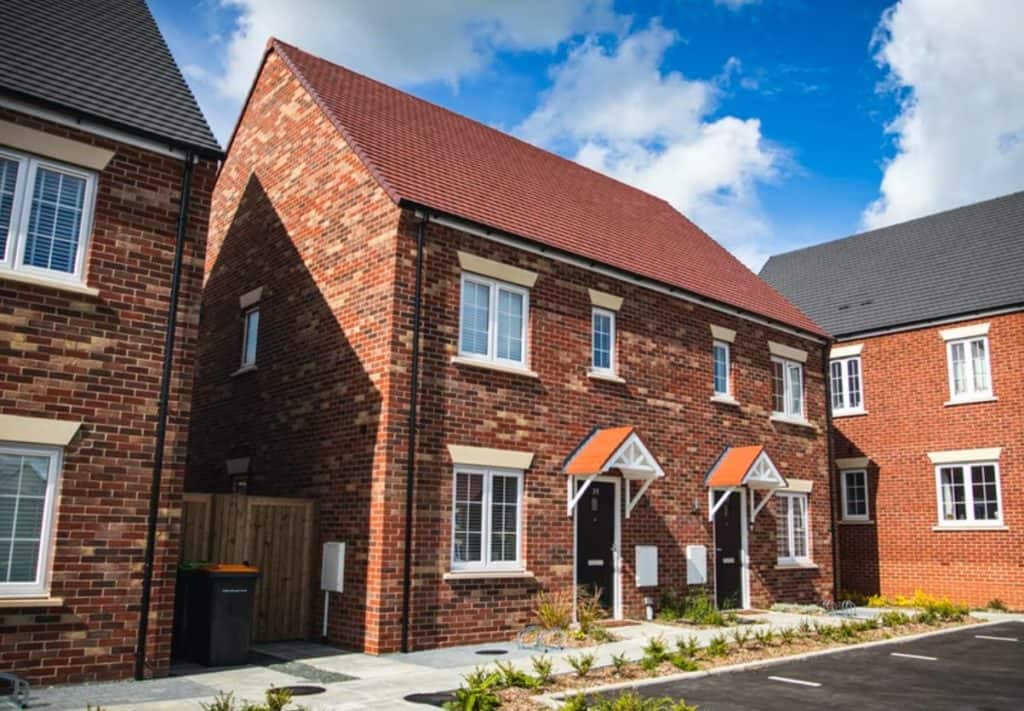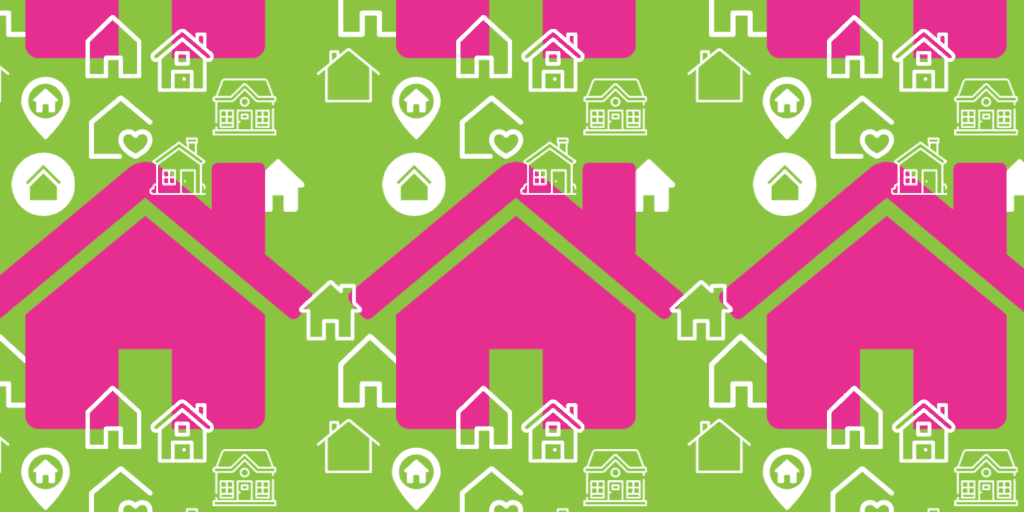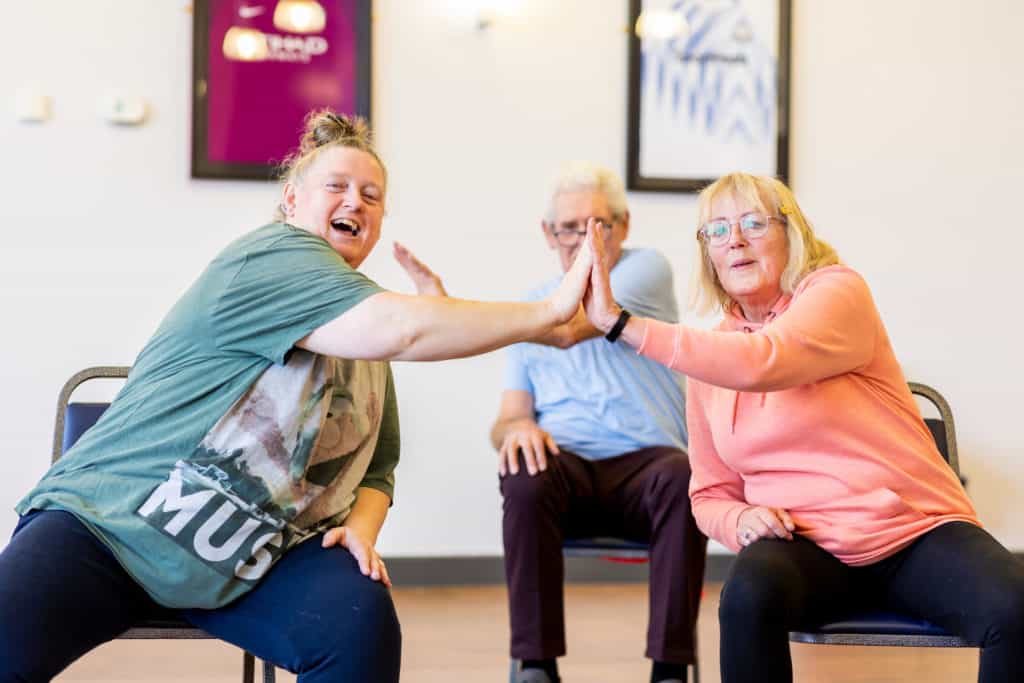Housing associations are non-profit companies that provide housing for rent and they can be an excellent option for people looking for somewhere to live.
However, this type of housing isn’t suitable for everyone. Although there are many different types of housing association and they have different rules, processes and requirements, they all have the same core principle: They own their properties and lease them to their tenants rather than selling them.
This means that if you’re interested in living in a housing association home and cannot afford to buy your own property, then this may be the right choice for you. There are currently over 700 housing associations across the UK which offer opportunities to both renters and homebuyers.
What is a housing association?
A housing association provides housing services to local communities. There are many different types of housing association, but they all operate under the same basic principle: They own the properties and lease them to tenants. This means that you’re responsible for paying a rent fee to the housing association and that you can’t buy the property. In addition to providing housing, housing associations are often responsible for other aspects of local communities. They may run skill-building workshops, help people access education and employment opportunities, and provide childcare and other services for families.
What is the difference between a housing association and a council?
While housing associations and local authorities are both responsible for providing housing to members of their communities, their models are very different. Housing associations are non-profit organisations that are often run by members of the community. Councils, on the other hand, are government-funded entities, and almost all of them sell their properties rather than leasing them. Depending on where you live, there may be multiple housing associations in your area, or there may just be one. If you’re interested in living in a housing association home, it’s important to be aware of the differences between them. Some may have specialised target groups and focus on specific members of society. Others may not have specialised focus and accept all tenants.
Equity shifting and right to buy
In the UK, there are two major programmes that are designed to help people access affordable housing. The first is called equity shifting, and it’s offered through council-run housing programmes. With this process, people who purchase a home through a council-run housing programme have the option to sell their home back to the government when they retire. This means that they don’t own the property fully, but they do have long-term security. The second programme is called the right to buy. This is only available through housing associations and gives people the option to buy their home at a discounted rate after living in it for a certain amount of time. After this period, people can use the funds from their initial down payment to apply towards a larger down payment for the purchase of their home. Most housing associations only allow people to participate in one of these programmes, so it’s important to find out which one is offered in your area.
The pros of living in a housing association home
If you’re interested in living in a housing association home, you may be wondering about the pros and cons of this model.
There are many things to love about this type of housing, but here are the top three:
– You’ll have long-term stability. When you own a home, the value of your property can change with the housing market. This can lead to significant financial swings, especially if you’re not expecting a decrease in value. With housing associations, you know what you’ll be paying each month and have long-term stability
– You may have the option to buy your home. While many people choose to rent with a housing association because they can’t afford to buy, there are some that have the option to buy. This gives you long-term stability and financial security that you don’t get from renting
– You sometimes have access to financial assistance. Many housing associations offer financial assistance for people who qualify. This can help you pay for down payments, closing fees, and other expenses related to purchasing your home
The cons of living in a housing association home
While living in a housing association home has many benefits, there are also some cons.
Here are the three most important things to be aware of:
– You may be required to pay an equity shift. If you buy through a council-run programme like equity shifting, you may have to pay a fee back to the government when you retire. This amount is usually determined by how much equity you’ve built in your home. Before buying through a housing association, you should ask about the amount you’ll have to pay back
– You may have to wait to buy your home. If you want to buy your home through a housing association but don’t qualify for financial assistance, you may have to wait. Housing associations have specific rules and timelines in place, and they may not be able to speed up your process
– You may have restrictions on selling your home. When you buy through a housing association, you don’t own the property. This means that you can’t sell your home whenever you’re ready to move. Before deciding to buy a home through a housing association, ask about the rules related to selling
How to find out which housing associations are in your area
If you’re interested in living in a housing association home, the first step is to find out which housing associations are in your area. There are many websites that list all of the housing associations in your city or county, some examples can be found on the Advice Central housing page. It is important to consider all of the housing associations in your area to find which is best for your situation. You will also be able to see which ones accept first-time homeowners and which ones don’t.
Security bonds and rent escrows
One of the most important things to be aware of when you’re thinking about living in a housing association home is that you may have to pay a security deposit. A housing association may ask for a security deposit when you sign your lease. This may be used to cover any repairs that are required during your lease. While some housing associations only ask for a security deposit, others require a down payment. If you’re thinking about living in a housing association and think you might be required to pay a security deposit, there are a few things you should know. Some housing associations may place the money in escrow, which means that your housing association holds onto the money and only releases it when you leave the lease. Other housing associations may hold the money in a trust account, which allows you to earn interest on the money while you’re living in the lease.
Summary
Housing associations are non-profit organisations that provide housing to members of the community, often focusing on those who would otherwise not be able to get housing easily. They all have the same basic principle: They own the properties and lease them to tenants rather than selling them. If you’re interested in living in a housing association home, there are many different types of housing associations in your area. It’s important to do research before deciding which one to apply to, and you should be aware of the requirements and qualifications for each one.

Housing Benefit: Get help paying rent
Housing Benefit is a government assistance program that helps low-income households with their rent payments. If you qualify for Housing Benefit, you can receive government assistance to cover your portion of the rent. Read our guide to Housing Benefit…

Housing support from your local council
Local councils offer support to residents who might otherwise struggle to find affordable housing. These programs usually take the form of housing allowances and grants, which can be accessed by meeting certain criteria (such as income level, age or family status)…

A quick guide to housing associations
Housing associations are non-profit organisations that provide housing to members of the community, often focusing on those who would otherwise not be able to get housing easily.

Housing advice
15 links to help with housing in Central Bedfordshire, including support with housing costs.

Free shopping vouchers for vulnerable people
AdviceCentral are hosting regular events at the Mayfield Centre every Monday at 4 Mayfield Road, Dunstable, LU5 4AP. They be free cups of tea, coffee, cappuccino and biscuits for everyone that comes along between 10am and 2pm every Monday.













